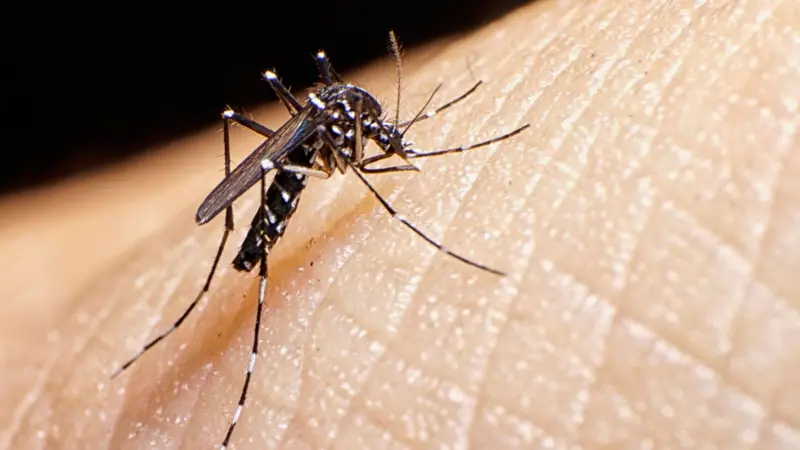
The Asian tiger mosquito is extending its reach further into northern Europe, leading to a rise in dengue and West Nile virus cases. Climate change is creating more suitable environments for these disease-carrying mosquitoes, allowing them to thrive in regions previously considered safe.
Dengue fever, a potentially severe illness with flu-like symptoms, is increasingly reported across Europe. In 2023, there were 130 locally-acquired cases, a significant rise from 71 in 2022. This trend has been particularly alarming in countries like France, Italy, and Spain, where multiple outbreaks were recorded last year.
The European Centre for Disease Prevention and Control (ECDC) has highlighted the link between climate change and the spread of these invasive mosquitoes. Warmer temperatures and wetter conditions have allowed the Asian tiger mosquito to establish itself in new areas, facilitating the transmission of diseases such as dengue and West Nile virus.
While most European dengue cases are typically imported due to international travel, the number of local infections is climbing. Last year saw nearly 5,000 imported cases, which have fueled local outbreaks. Additionally, the West Nile virus is now present in more European regions than ever before, with early cases reported in southern Spain as early as March this year.
ECDC Director Andrea Ammon has urged the public to take personal protective measures, such as using mosquito repellent and monitoring for symptoms. She also stressed the need for enhanced early detection, timely surveillance, and increased public awareness in the most affected areas.
Globally, dengue remains endemic in over 100 countries, with the highest incidence in Bangladesh, Malaysia, Thailand, and Vietnam. Over six million cases and 7,000 deaths were reported last year, according to the World Health Organization. The situation raises concerns about the potential spread of malaria in Europe, given that the anopheles mosquito, which transmits malaria, has also been found on the continent.
This expansion of mosquito-borne diseases underscores the urgent need for coordinated public health measures and strategies to adapt to the changing climate, as Europe faces new challenges in combating these vectors.








